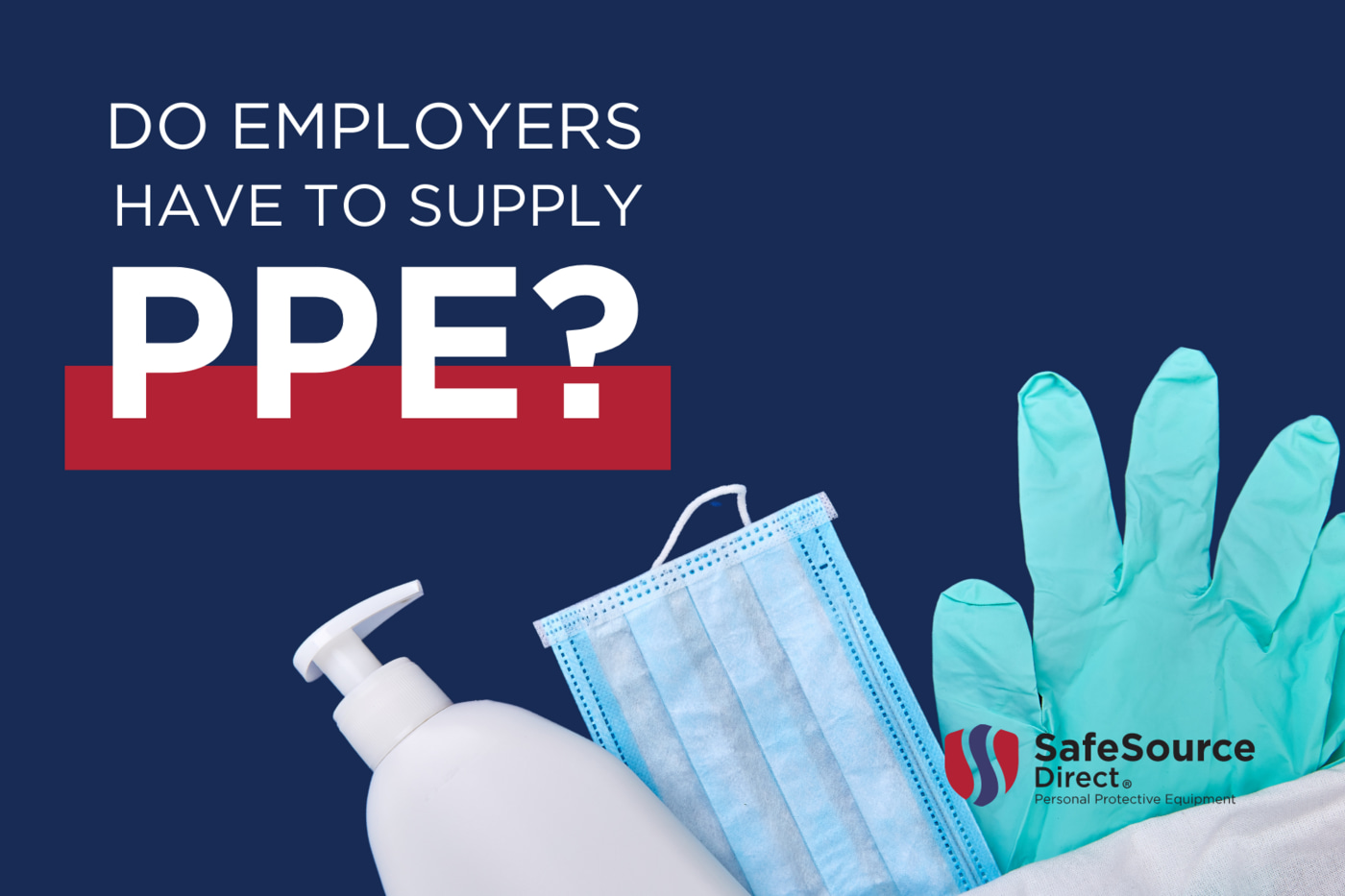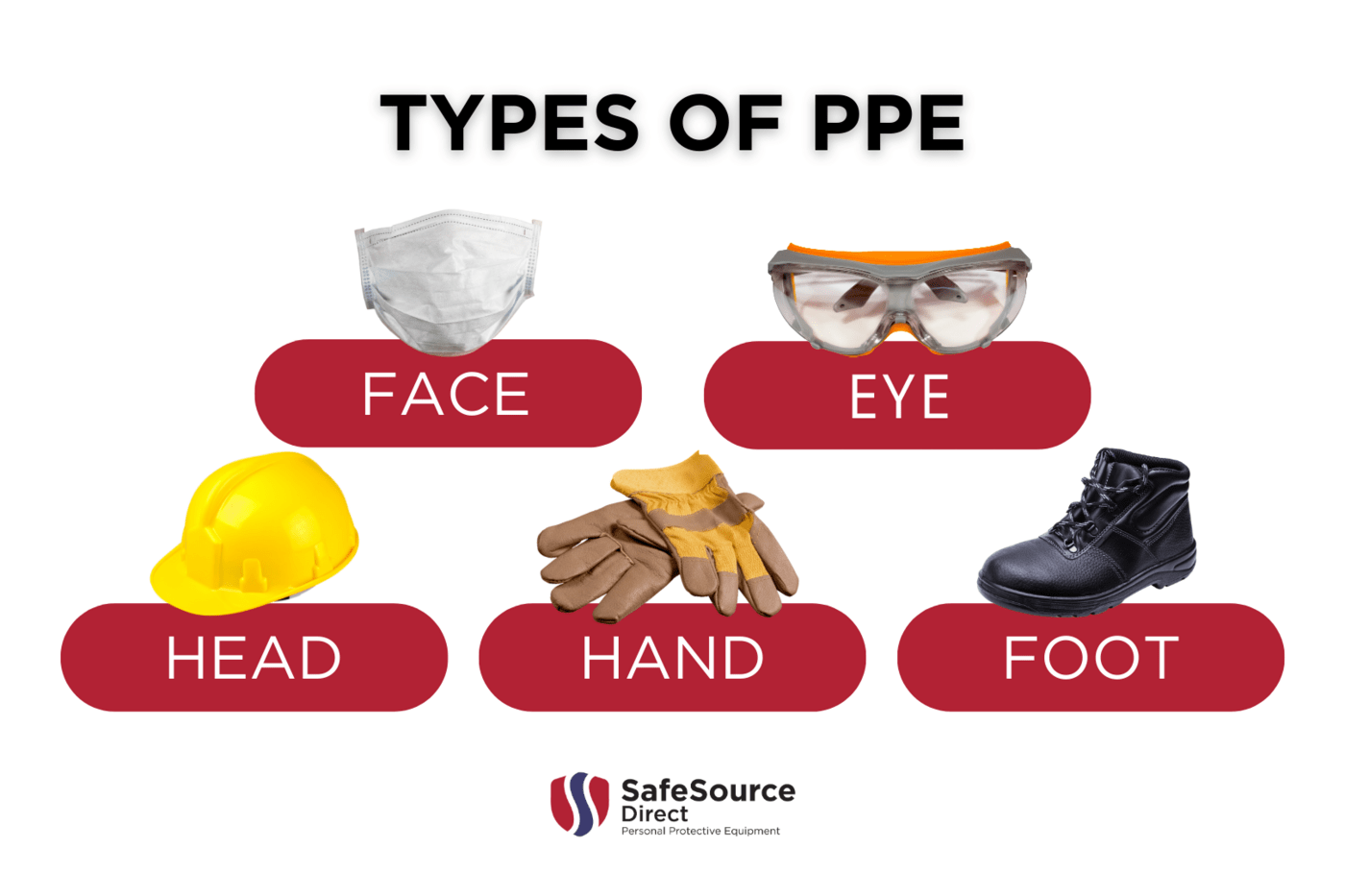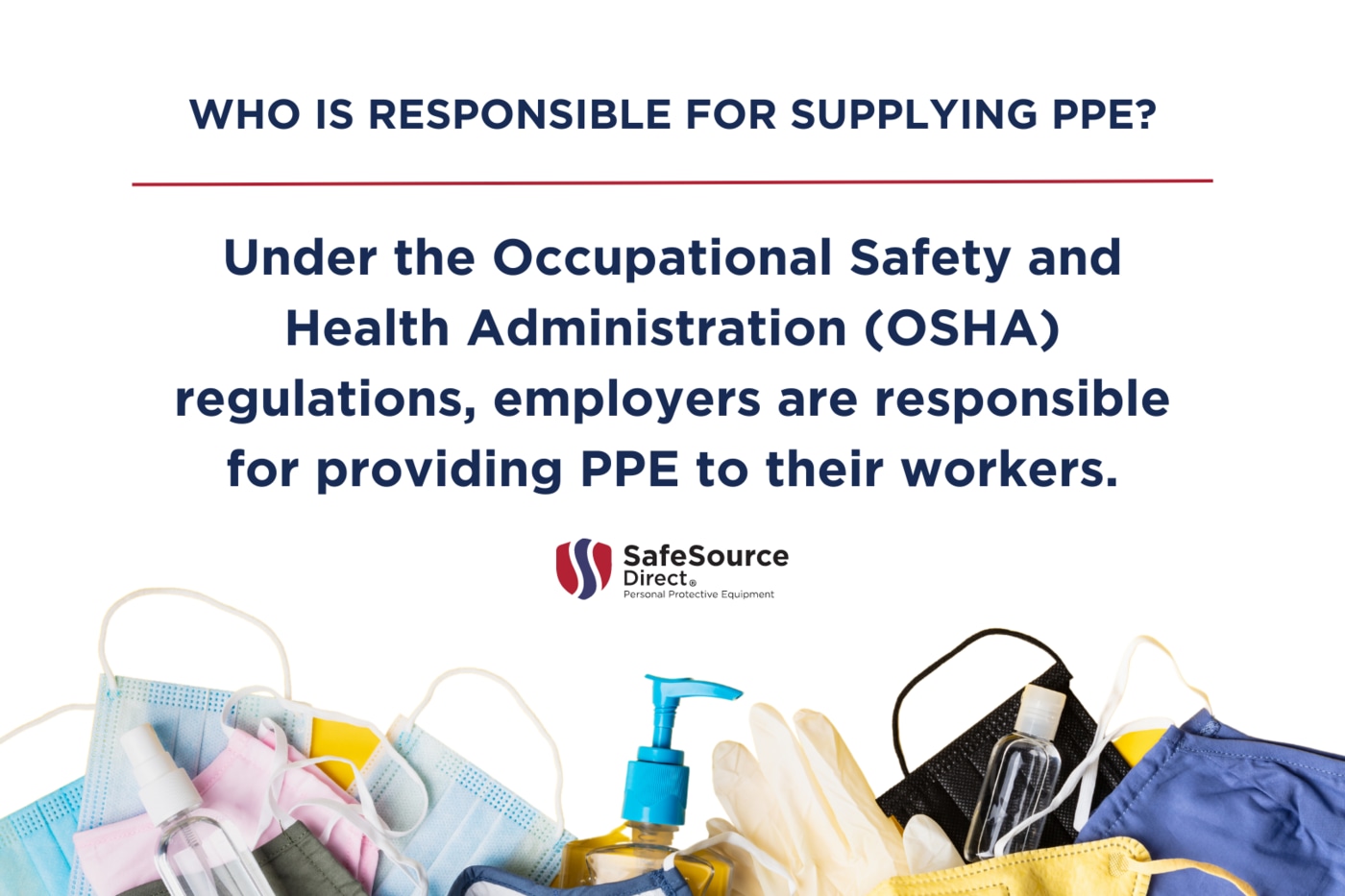
Do Employers Have to Supply PPE?
May 15, 2023

Personal protective equipment, commonly known as PPE, is equipment worn to minimize exposure to various hazards. It includes items such as helmets, gloves, goggles, masks, and full-body suits. While PPE is commonly used in many industries, workers need more clarity about who is responsible for providing it. This blog post will explore whether employers have to supply PPE.
What is PPE?
PPE, as mentioned earlier, stands for personal protective equipment. It is designed to protect workers from hazards that could cause injury or harm. PPE can be as simple as a pair of gloves or as complex as a full-body suit with a respirator. The type of PPE required depends on the type of work being performed and the hazards present.

What are the Different Types of PPE?
There are several types of PPE that workers might use depending on their industry and job role. Some of the most common types of PPE include:
Respiratory protection: This includes equipment such as respirators and masks, which protect workers from inhaling harmful gases, vapors, and particles.
Eye and face protection: This includes goggles, face shields, and safety glasses, which protect workers from flying debris and other hazards that could cause eye injuries.
Head protection: includes helmets and hard hats, which protect workers from head injuries.
Hand protection: This includes gloves, which protect workers from cuts, punctures, and other hand injuries.
Foot protection: includes safety shoes and boots, which protect workers from foot injuries.

Who is Responsible for Providing PPE?
Under the Occupational Safety and Health Administration (OSHA) regulations, employers are responsible for providing PPE to their workers. The OSHA standard requires that employers assess their workplaces to determine the types of PPE needed for each job role and ensure that the equipment is provided to workers free of charge. Employers must also train workers on how to use PPE properly and provide them with information on its limitations.
What are the Consequences of Not Providing PPE?
Employers who fail to provide PPE to their workers can face serious consequences. OSHA can issue citations and fines for violations of PPE requirements. In addition to the monetary penalties, failure to provide PPE can result in serious injuries or even fatalities. Employers who do not take steps to provide PPE could also face civil lawsuits filed by injured workers or their families.
Employers have a legal responsibility to provide PPE to their workers. This includes assessing workplace hazards, determining the types of PPE needed, and providing the equipment to workers free of charge. Failure to comply with these regulations can result in fines, citations, and serious injuries or fatalities. Employers should take PPE requirements seriously and ensure their workers have the necessary equipment to stay safe.
As a manufacturer of high-quality PPE products, SafeSource Direct is committed to helping businesses keep their workers safe on the job. Choose SafeSource Direct as your trusted PPE supplier.
